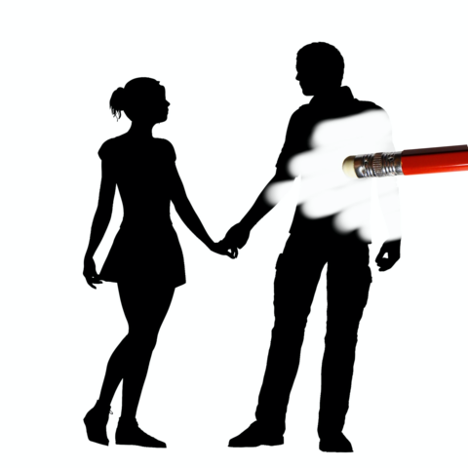
Cryptocurrency + Commercial Industry = The Future?
March 2, 2021
Do I Need A Divorce Lawyer?
March 4, 2021Let’s say that you got in a car crash, and you feel like the accident was the other driver’s fault. They don’t see it that way, or perhaps they tell a different story about what occurred. You hire a lawyer in anticipation of bringing a lawsuit against that other driver.
You can probably expect a pre-trial deposition. In this article, we’ll talk about what a deposition is, what you can expect during yours, and also why you always want your lawyer with you when you go to one.
What Exactly is a Deposition?
A car accident deposition is part of the trial’s discovery phase. Discovery is where the plaintiff, which in this case would be the other driver, can see what evidence you are going to bring against them. This matters quite a bit to the defendant’s lawyer because it gives them a chance to build a defense against the allegations you bring.
There are probably several factors at play in a car crash case, such as video evidence, investigator reports, doctor bills, and more. That’s why it’s not unusual for discovery to take multiple months before the case ever makes it into a courtroom.
A deposition is a witness’s sworn testimony, but it takes place outside of a courtroom. There can be both oral and written depositions. As the accusing party, it makes sense that you can expect the opposing counsel to depose you.
What Happens During a Deposition?
During the deposition, the opposing counsel will likely start with basic information, such as your name, address, occupation, and so forth. That’s the easy part. After that, you can expect them to start asking you car accident questions.
They might ask you about your health before the accident. This will be critical if you claim that the crash did significant damage.
They will ask you about accident details. They might question you about things like your mental and physical state going into the accident, the weather on that day, traffic conditions, how fast you were going, and anything else that they feel might be relevant.
Why Should You Have a Lawyer with You During the Deposition?
We can’t stress enough how vital it is to have an experienced car accident lawyer with you during the deposition, particularly if it’s the oral variety. The reason is that they know the law, and you don’t.
Your lawyer can tell you if the opposing counsel asks any question that you should not answer. Your attorney will also prep you thoroughly beforehand.
They will tell you how you should answer any question that the opposing counsel asks. Generally, you’ll want to answer simply and truthfully, without embellishing or speculating at all.
If you crack jokes, make small talk, or provide any information other than the most basic facts, that behavior can come back to bite you. Remember that the opposing counsel is not your friend. They might try to latch onto any tiny detail and use it against you.
Part of the reason why your lawyer is there is to keep you on track. If you listen to them, they will likely give you the best chance to win your lawsuit. Sometimes, you can win or lose a case during the deposition before you ever make it into the courtroom.
What Happens After a Deposition?
Usually, the opposing counsel will go back to their client after the deposition and advise them on whether they should move forward with the trial or offer a settlement. If the opposing counsel feels that you have an ironclad case against the other driver, then they might tell them to offer you some token settlement amount in the hopes that you will take it.
If you made a statement during the deposition that the other driver’s lawyer feels like they can use against you, regarding your physical condition, how the crash happened, etc., they might tell the defendant to take the case to trial.
As for your lawyer, at this point, they can tell you whether to accept the settlement offer if the other driver makes one. They will know the precedent, so they can probably tell you whether it’s worth pursuing the case further. If the other driver offers no settlement, your attorney can get ready to argue on your behalf in front of a jury.
Depositions can be a key discovery phase portion, so make sure you have a suitable lawyer, and you only make appropriate statements during yours.





